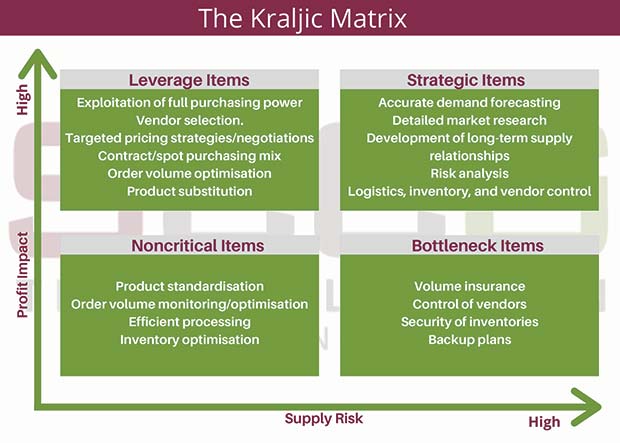Why do we need to develop collaborative relationships with our key suppliers?
Because we want to:
1) reduce costs
2) make process improvements
3) encourage innovation in products or services.
The first two both seem quite straightforward but to achieve 3, we need to be open and transparent with those suppliers and focus on building trust.
 What is supplier collaboration?
What is supplier collaboration?
Collaborating with suppliers means:
• developing partnerships that provide a platform where suppliers and buyers can jointly solve problems
• creating an environment where opportunities for innovation and continuous improvement can be identified and implemented
• growing supplier capabilities to take advantage of opportunities for mutual benefit
For example, the cosmetics company L’Oréal encourages collaborative innovation. It offers key suppliers a preview of the consumer trends that the company will be working on and asks them to develop packaging solutions in harmony with these trends. Collaboration is also alive and well in the automotive sector, Toyota has built strong and close relationships with its suppliers according to the spirit of mutual trust.
How can I promote supplier collaboration in my company?
Develop partnerships
Organisations that are serious about increasing collaboration with suppliers need to focus on the “win-win” approach that generates business value for both the buyer and supplier. It is a two-way street. By collaborating, a supplier’s business relationship with us becomes more stable, they can become more cost-competitive and they will improve their core capabilities. It is one of the buyer’s functions to help suppliers understand the benefits of interacting positively even though it requires effort, time, and resources from their side.
Create the right environment
Developing innovative solutions to problems means working together to improve the quality of products or services. A regular complaint from suppliers is that their proposals for design improvements or speeding up processes are ignored or fail to get the attention they deserve. Opening multiple channels of communication for information sharing is a good start. The most successful relationships are based on openness and a high level of information sharing.
There is often some level of suspicion about motives. McKinsey identified that “Most collaborative efforts need intensive, cross-functional involvement from both sides…”.
Companies may have to support supply decisions of strategic items with large analytic techniques, that is why, using Kraljic’s Matrix can be a very effective way of get use of this information.
Keys to success in supplier collaboration
1. Sharing information
Open and transparent communication means sharing. This includes sharing basic information on their companies, locations, products, and services as well as transactional history. Cloud-based solutions have made data-sharing safe, secure with easy to use via dashboards and alerts.
2. Tackle the challenges
Some organisations have a problem with working openly, thinking that sharing operational and financial information leaves them in a weaker negotiating position. Old adversarial relationships with strategic suppliers need special attention. They drain resources and waste management time. Finding common ground on which to build a relationship is the first step. Lack of processes to support collaboration can impede the development of relationships but problems like this can be rectified with technology.
3. Define areas of responsibility
The desired outcome for both parties must be agreed and what resources are required to achieve it. Each party must commit to making personnel available and maybe even some initial expenditure. Often soft-skills training is needed in how to build the relationship. If there is to be any type of gain-sharing this must be defined and a method devised on how to reap the benefits.
Effective partnerships based on shared information reduces costs, improves service delivery and stimulates mutual growth.
With over 20 years of experience in Supply Chain, visit www.sccgltd.com for more information on how we can help you with any of your business requirements.




Comments are closed.